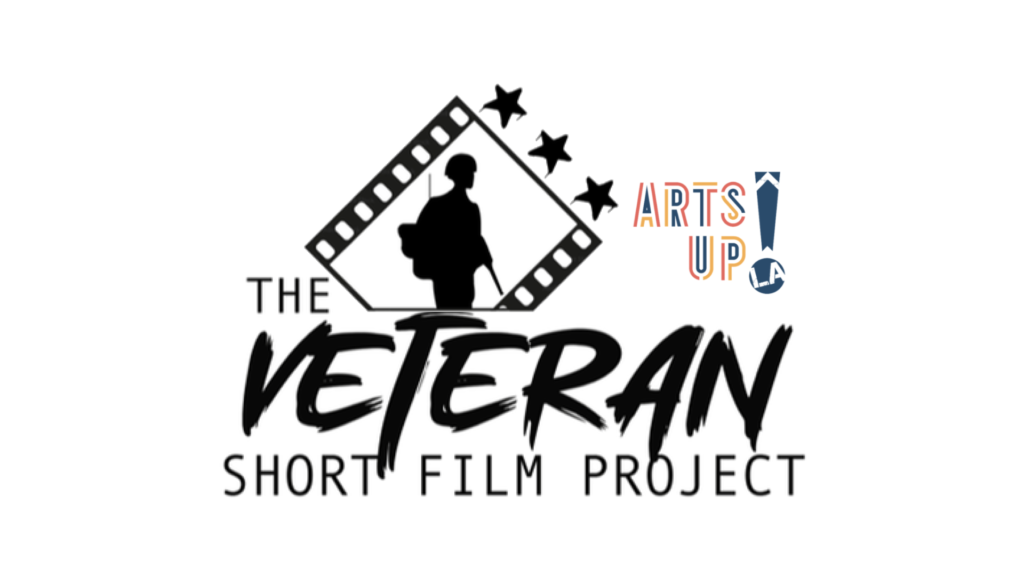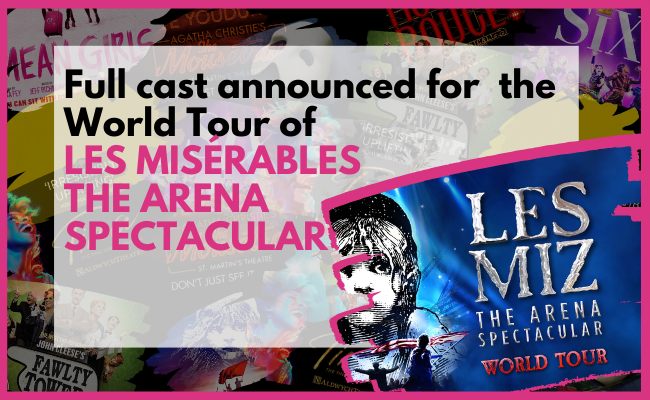From Radio Drama to Visual Radio Plays
Radio dramas have been a staple in terms of entertainment for many South African households, but over the years that popularity has waned significantly. In the Visual Radio Plays project, Neo Muyanga and his collaborators to re-engaged this medium of radio.
The Centre for the Less Good Idea in Johannesburg—an experimental art space founded by world renowned artist, filmmaker and performer William Kentridge—hosted the Visual Radio Plays project, with Muyanga as the project’s impresario. The Visual Radio Plays invited “a gathering of writers and performers in the realms of theatre to explore and expand upon the medium of the radio play by staging a series of Visual Radio Plays for a live audience.”
Through the project, six visual radio plays were produced: The Dalmatian and the Duck by Andrew Buckland, World-Class African Citizens by Matthew Wilhelm-Solomon, A Tempest (for the sea under the city) by Bettina Malcomess, Chosi Instomi! by Koleka Putuma, eMalahleni by Qondiswa James, and And Then the Sea by William Harding. Each focused on different production elements, from a purely visual experience where the audience watched the cast in a radio booth engaging in dialogue to a purely audio experience where each audience member could listen while sitting on a sofa or laying on a beanbag chair, such that the audiences were able to engage their senses in various ways with the work.
The idea of recording ourselves, the idea of radio, tracks the development of us [Africans] telling our stories to each other and to the world, to whoever would listen.
Muyanga challenged audience members to bring their own experiences, knowledge, and ideas, so that the audience co-created the meaning of each piece. He connects the audience experience to his own past listening to radio dramas with his mother and grandmother as a child:
All those who were sitting around the wireless [radio], and I used to do this with my mother and grandmother… you are not only passively receiving the narrative; you are co-creating it. You are imagining the face of the character that is speaking. You are imagining what they are wearing. You are imagining the context in which they are living and acting. You are imagining the colors and the mood, the affect…and that is what was appealing to me about radio as an experience, and about dramas and radio plays… how emotional they make us, how involved they get us to be.”
As an audience member myself for three of the four plays, I felt that this provocation made this experience quite special and unique. In listening to World-Class African Citizens by Matthew Wilhelm-Solomon, which details a fire that killed seventy-seven people—mostly African immigrants—in August 2023, I was so moved by the screams and sound of flames consuming all in their path that tears flowed freely and I was unable to watch the next show.


